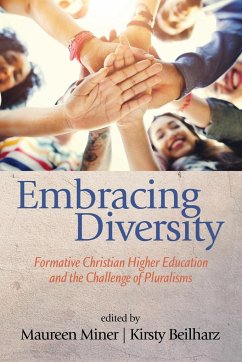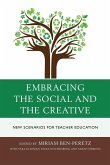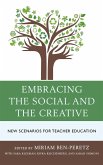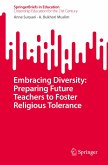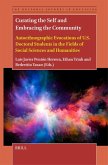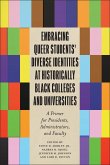Christian schools and colleges that include spiritual formation and Christian maturity within their mission are facing challenges. The challenge of being a Christian college within a secular society is well-recognized. There are intellectual clashes of secular versus religious worldviews to be negotiated, and clashes of social imaginaries where habitual ways of responding come into conflict. These challenges are difficult enough for staff of a Christian college when most students have a Christian background and there may be a common language and assumptions. Even more difficult are the challenges faced by Christian staff of a Christian college when most students identify with non-Christian religions. What does a college's mission of forming mature Christians mean when students are largely Muslim, Hindu, Buddhist, Sikh, or other non-Christian faiths? Should staff modify curricula to reduce cognitive clashes? Should teaching practices be changed to reduce the dissonance of different social imaginaries? How can staff draw from Christian values of tolerance and respect to support non-Christian students in their formation of values and ethics while still respecting diversity? This volume draws together the work of scholars and researchers who have pondered the nature, purpose, and means of formation. It offers an analysis of the scope, context, and methods of formation of mature people without denying or downplaying the difficulties of formation. It offers hope that people who are mature in all areas of life, including the spiritual domain, can be formed and urges educators to encompass all domains in their formative work.
Hinweis: Dieser Artikel kann nur an eine deutsche Lieferadresse ausgeliefert werden.
Hinweis: Dieser Artikel kann nur an eine deutsche Lieferadresse ausgeliefert werden.

